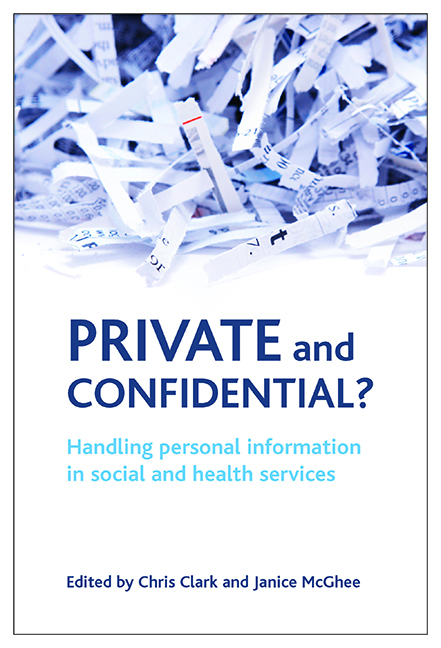ten - Working with adults with incapacity
Published online by Cambridge University Press: 21 January 2022
Summary
Overview
Adults with incapacity are people who lack capacity to take specific or all decisions. They include people with dementia, people with learning disabilities, people with severe acquired brain injury, people with severe mental illness and people with severe communication problems due to a physical condition, such as stroke. This chapter considers the issues as they may affect adults with learning disabilities.
For at least a decade, the direction of travel in policy and practice in the support of people with learning disabilities, underpinned by a rights-based approach, has been towards more individualised support with the person themselves having a greater say and more control over their lives (Great Britain Parliamentary Joint Committee on Human Rights, 2008). The voices and stories of individuals are at last beginning to be heard (Smith, 2006). Meanwhile, public service reform aims to achieve efficiencies in public service delivery and greater responsiveness to the citizen. The emerging legislative framework in Scotland is intended to enable people who lack capacity by providing authority for decisions to be made on their behalf, for example to enable them to receive necessary medical treatment. However, when implemented in a risk-averse culture, there are dangers that restrictions on the grounds of protecting rights may overpower practices that seek to maximise the contribution of people who need support to participate. These issues have particular resonance for people with learning disabilities who, historically, have been at risk of being perceived as lacking competence or even ‘subhuman’ and certainly different from other members of society, with fewer needs (Wolfensberger, 1969).
Not all adults with learning disabilities will lack capacity, although this distinction may easily become lost. Moreover, as issues of risk and safety have risen up the policy agenda, the term ‘vulnerable adults’ has also come into use. It denotes adults (as distinct from children) who may be at risk of harm and therefore are felt to require measures of protection. This term, like the term ‘adults at risk’, which has quickly superseded it, may also too easily be used to refer to all adults with learning disabilities, as distinct from those who have been assessed to be ‘at risk’ in some way.
- Type
- Chapter
- Information
- Private and Confidential?Handling Personal Information in the Social and Health Services, pp. 191 - 208Publisher: Bristol University PressPrint publication year: 2008



